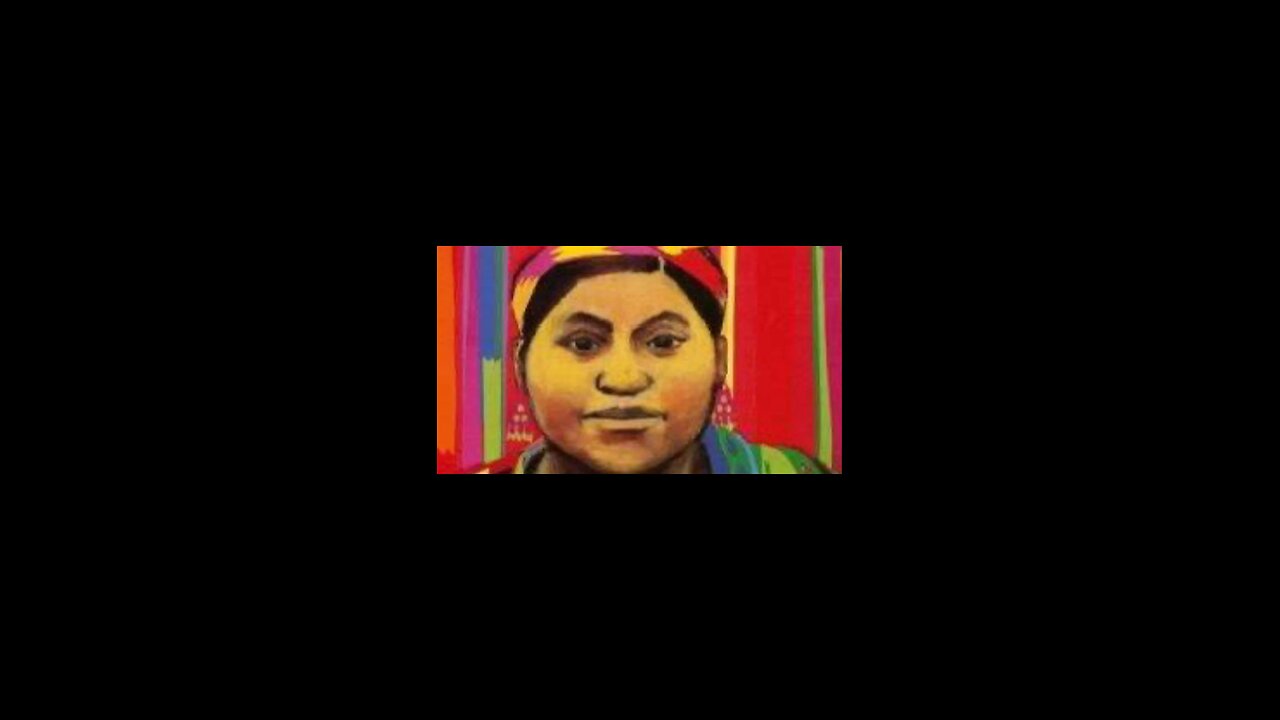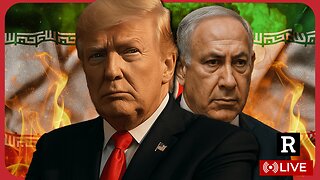Premium Only Content

History of Modern Guatemala
Distinguished guests, ladies, and gentlemen,
Today, I want to take you on a journey through the captivating and often complex history of modern Guatemala. From the ashes of colonial rule to the struggles and triumphs of a young republic, Guatemala's path has been one of resilience, rich cultural heritage, and a persistent pursuit of a more equitable future.
Our story begins in the early 19th century, as the winds of independence swept across Latin America. After centuries under Spanish colonial rule, Guatemala, then part of the Captaincy General of Guatemala, declared its independence in 1821. This was not a singular, unified act, but rather a series of events leading to the formation of the Federal Republic of Central America. However, this grand vision of a united Central America was short-lived. Internal divisions, economic disparities, and regional rivalries ultimately led to the dissolution of the federation, and in 1847, Guatemala formally declared itself an independent republic.
The latter half of the 19th century saw the rise of liberal reforms, often spearheaded by strongmen leaders. This era brought significant changes, including the privatization of communal lands and the promotion of coffee as the primary export crop. While this integrated Guatemala into the global economy, it also concentrated wealth and land in the hands of a few, laying the groundwork for future social and economic inequalities.
The early 20th century was marked by a series of dictatorships, most notably that of Manuel Estrada Cabrera, who ruled for over two decades. His iron-fisted rule, though bringing some modernization, was characterized by political repression and a lack of democratic freedoms. This period also saw significant U.S. influence, particularly through the United Fruit Company, which became a powerful economic and political force within the country.
A pivotal moment arrived in 1944 with the "October Revolution." This popular uprising, fueled by widespread dissatisfaction with authoritarian rule and social injustice, ushered in a decade of democratic reform known as the "Ten Years of Spring." During this period, presidents Juan José Arévalo and Jacobo Árbenz Guzmán implemented progressive policies aimed at social welfare, labor rights, and agrarian reform. Árbenz's land reform program, which sought to redistribute uncultivated lands to landless peasants, directly challenged the interests of powerful landowners and, crucially, the United Fruit Company.
This era of reform, however, was tragically cut short. In 1954, a CIA-backed coup, driven by Cold War anxieties and corporate interests, overthrew Árbenz. This event plunged Guatemala into decades of political instability and, tragically, a brutal civil war.
The Guatemalan Civil War, lasting from 1960 to 1996, was a devastating conflict that pitted government forces against various leftist insurgent groups. It was a period marked by extreme violence, human rights abuses, and the systematic repression of indigenous populations, who bore the brunt of the conflict. The war's legacy is immense, leaving deep scars on Guatemalan society, including widespread displacement, trauma, and a persistent struggle for justice and reconciliation.
The signing of the Peace Accords in 1996 brought an end to the armed conflict, ushering in a new era of hope and challenges. Since then, Guatemala has grappled with the difficult process of rebuilding, strengthening democratic institutions, and addressing the root causes of the conflict, including poverty, inequality, and historical injustices.
Today, Guatemala stands at a crossroads. It is a nation of incredible natural beauty and a vibrant indigenous culture that has endured centuries of adversity. Yet, it continues to face significant challenges, including corruption, organized crime, migration pressures, and the ongoing need to improve living conditions for all its citizens.
The history of modern Guatemala is a testament to the resilience of its people. It is a story of a nation striving to define its own destiny, to overcome a painful past, and to build a more just and prosperous future. As we reflect on this complex journey, let us remember the lessons learned, honor the sacrifices made, and continue to support Guatemala in its ongoing pursuit of peace, justice, and true development.
Thank you.
-
 LIVE
LIVE
Flyover Conservatives
10 hours agoSilver Shortage ALERT: London Vaults Running Dry in 4 Months- Dr. Kirk Elliott; 3 Tips to Transform Your Business - Clay Clark | FOC Show
495 watching -
 1:10:18
1:10:18
Glenn Greenwald
5 hours agoIsrael Pays Influencers $7,000 Per Post in Desperate Propaganda Push: With Journalist Nick Cleveland-Stout; How to "Drink Your Way Sober" With Author Katie Herzog | SYSTEM UPDATE #525
71.2K70 -
 38:54
38:54
Donald Trump Jr.
8 hours agoDems' Meme Meltdown, Plus why California Fire Victims should be more Outraged than Ever | TRIGGERED Ep.279
95.2K81 -
 LIVE
LIVE
megimu32
2 hours agoOn The Subject: Meg’s Birthday Bash! 🎂🎶
157 watching -
 23:47
23:47
Jasmin Laine
6 hours agoALL HELL BREAKS LOOSE—Eby MELTS DOWN While Poilievre CORNERS Carney
5.01K11 -
 LIVE
LIVE
SpartakusLIVE
4 hours agoNEW Black Ops 7 BETA || WZ too! And PUBG later?
218 watching -
 1:00:02
1:00:02
BonginoReport
6 hours agoTerror Strikes Manchester Again - Nightly Scroll w/ Hayley Caronia (Ep.147)
75.3K52 -
 9:36:57
9:36:57
Reidboyy
10 hours ago $0.23 earnedBIRTHDAY BETA STREAM!!!
17.9K -
 2:05:44
2:05:44
Redacted News
6 hours agoHIGH ALERT! US AND ISRAEL SPEEDING TOWARD WAR WITH IRAN, INFLUENCERS BEING PAID $7,000 PER POST
159K65 -
 1:46:54
1:46:54
Mally_Mouse
4 days ago🎮 Throwback Thursday! Let's Play: Kingdom Hearts 1 pt. 1
13.2K2
